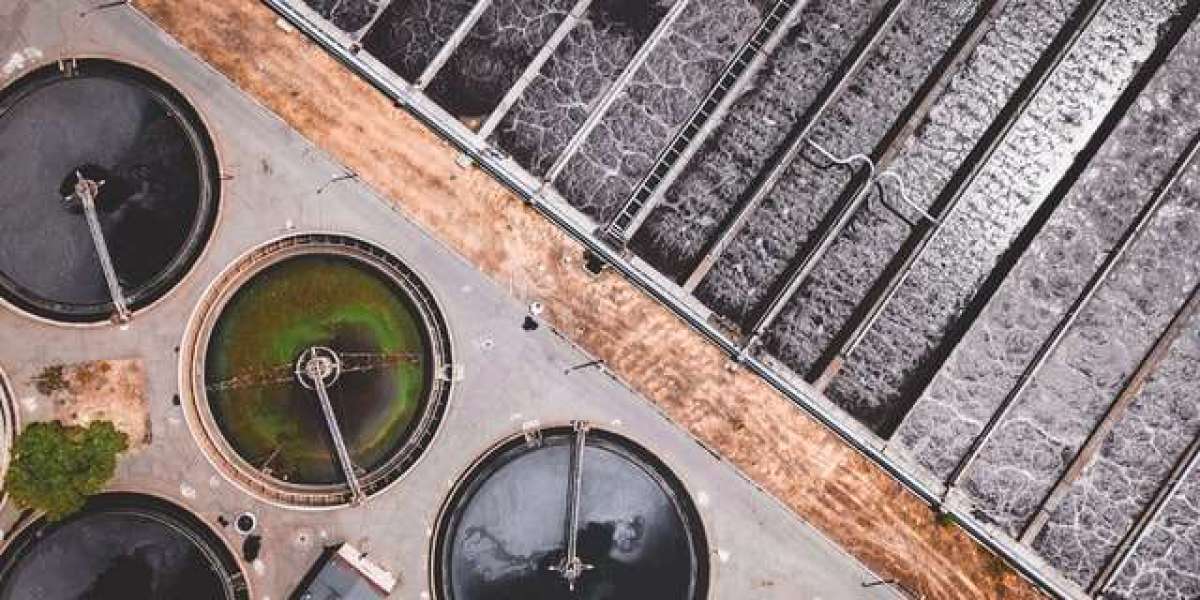In today’s industrial landscape, access to clean and reliable water is more than just a convenience—it’s a critical component of sustainable operations. From manufacturing to energy production, industries across sectors rely heavily on water. However, rising environmental concerns and stricter regulations have made it essential to treat water responsibly. This is where the importance of a Water Treatment Plant (WTP) comes into play.
What Is a Water Treatment Plant?
A Water Treatment Plant is a facility designed to purify raw water or treat wastewater, transforming it into a usable form—either for safe discharge or for reuse within the system. Depending on the industry and application, a WTP may include processes such as filtration, sedimentation, biological treatment, chemical dosing, and advanced membrane technology.
Water treatment plants are tailored based on specific water quality goals, whether it’s producing potable water, treating effluent to meet environmental discharge standards, or recycling water to reduce operational costs.
Why Industries Need Efficient Water Treatment Plants
Regulatory Compliance
Environmental agencies worldwide, including in Indonesia, are enforcing stricter discharge standards. Companies failing to treat their wastewater properly risk legal penalties, operational shutdowns, or reputational damage.Operational Continuity
Clean water is often essential to production. Scaling, fouling, or contamination can lead to equipment damage, production delays, and increased maintenance costs.Cost Optimization
With proper treatment systems, industries can recycle water, minimize chemical usage, and reduce their reliance on external water sources—saving money in the long term.Sustainability Commitments
Stakeholders are paying closer attention to how companies manage their environmental impact. Investing in water treatment solutions demonstrates a serious commitment to sustainability and corporate responsibility.
Key Considerations in Choosing a Water Treatment Partner
Not all water treatment solutions are created equal. An effective WTP must be:
Custom-designed for your specific water quality and flow requirements
Scalable as operations grow
Energy-efficient and cost-effective
Supported by technical expertise and after-sales service
This is where working with a knowledgeable partner becomes critical.
Supporting Sustainable Water Management in Indonesia
Indonesia, with its growing industrial base and ecological challenges, presents unique demands when it comes to water treatment. Companies must balance growth with environmental stewardship, often in complex regulatory environments and varying water source conditions.
Amrita Environmental understands these challenges firsthand. As a trusted provider of water treatment solutions in Indonesia, Amrita combines local expertise with globally aligned standards to deliver reliable, efficient, and sustainable WTP systems. From initial consultation to design, installation, and ongoing support, Amrita Environmental works closely with clients to develop tailor-made solutions that meet both business and environmental goals.
Water treatment is no longer optional—it's a strategic necessity. A properly designed and maintained Water Treatment Plant ensures regulatory compliance, reduces environmental impact, and enhances operational resilience.
For industries in Indonesia seeking a partner to support their water management goals, Amrita Environmental offers the experience, technology, and commitment needed to move forward with confidence.



